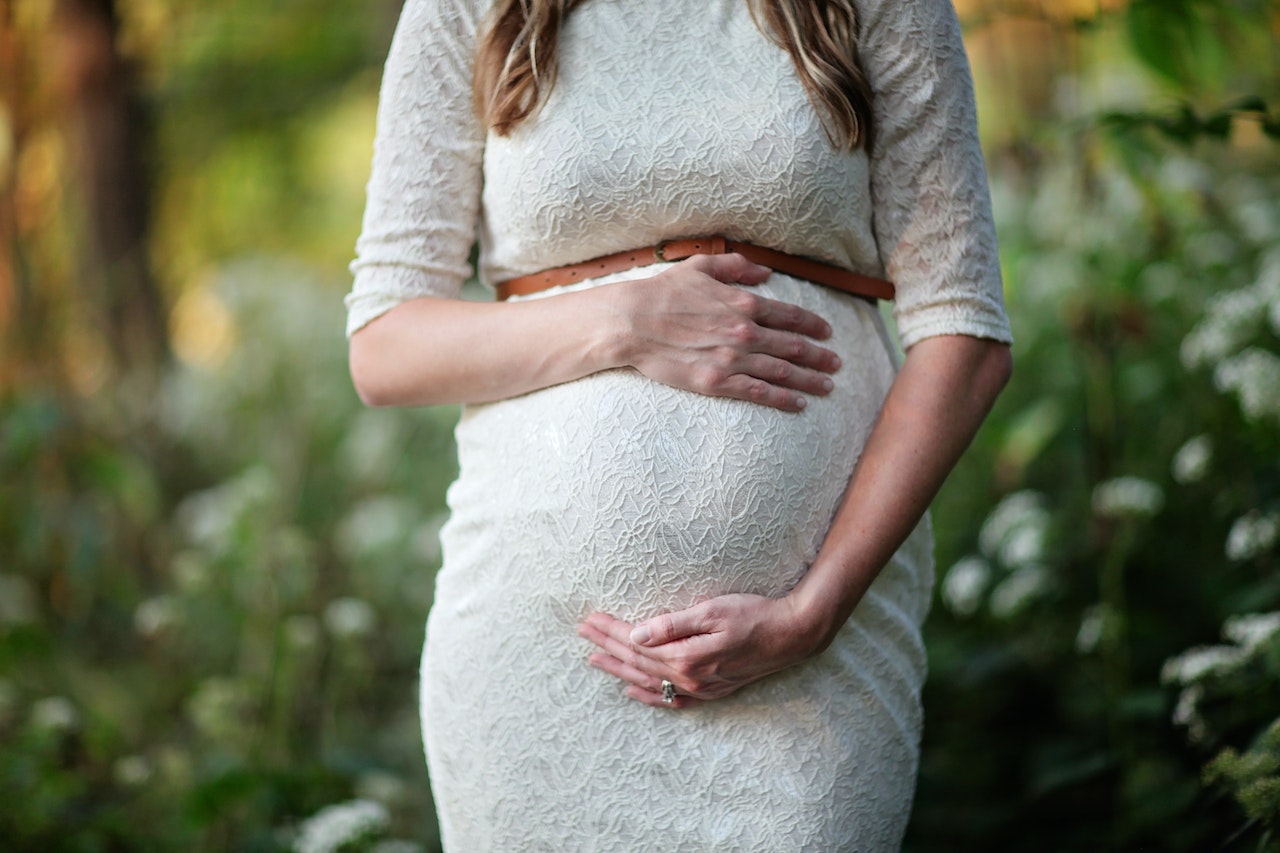You can avoid some complications of pregnancy by ensuring you stay healthy. You can have a healthy pregnancy and baby by eating healthily, taking frequent prenatal vitamins, staying hydrated, avoiding certain foods, staying active, avoiding alcohol and smoking, and going for regular prenatal care checkups. However, some Jackson Heights pregnancy complications are beyond your control. The best way to ensure you protect your health and your baby is by getting prenatal care from a trustworthy provider. Early detection of pregnancy complications enables early treatment and better management, improving the chance of you and your baby remaining safe and healthy.
Consequently, below are some common complications that may arise from your pregnancy.
1. Severe nausea and vomiting
The correct medical term for this particular pregnancy complication is hyperemesis gravidarum. When you have the condition, you will experience severe morning sickness. Because you vomit more than four times daily, you will feel dizzy and lightheaded constantly and lose a lot of body water. Vomiting and loss of appetite can cause dehydration and significant weight loss, and thus you may need hospitalization. Severe nausea and vomiting can lead to you losing more than 5% of the weight you had before becoming pregnant.
Medical experts still do not understand the causes and risk factors of severe nausea and vomiting during pregnancy. Also, preventing hyperemesis gravidarum does not seem to be possible.
If you have hyperemesis gravidarum, your doctor may recommend medications to relieve nausea. Your doctor may also recommend intravenous therapy to administer fluids, nutrients, and medicines into your vein.
2. Diabetes during pregnancy
Gestational diabetes is a form of high blood sugar that affects pregnant women and often disappears after giving birth. According to the CDC, 2%-10% of pregnancies in America experience gestational diabetes.
When you have gestational diabetes, you are at increased risk of high blood pressure and having a larger baby that may require cesarean section (C-section) delivery. Your baby is also at risk of low blood sugar, developing type 2 diabetes later, and an early birth that may cause breathing and other health issues.
You will not show any signs of gestational diabetes. If you have a history of the condition, are at high risk, or are between 24-28 weeks pregnant, your health provider may need to test you. You can be at increased risk of gestational diabetes if you are overweight or obese.
Treatment and prevention of gestational diabetes may be possible by maintaining a healthy weight and blood sugar level, remaining physically active, eating healthily, and monitoring the growth and development of your baby.
3. Placenta previa
The pregnancy complication is characterized by the placenta completely or partially covering the cervix, which is the opening of your uterus. The placenta develops inside the uterus during pregnancy and provides the baby in your womb with essential nutrients and eliminates waste.
Your placenta may cover the cervix if your uterus has scarring due to uterine surgery or past pregnancy. Moreover, you may also have this particular obstetric complication because of uterine fibroids, also known as uterine myomas.
If you have placenta previa, you may have severe bleeding, which requires hospitalization, and you may have to deliver your baby through C-section.
Contact Raveco Medical today to schedule a consultation for your pregnancy care.




